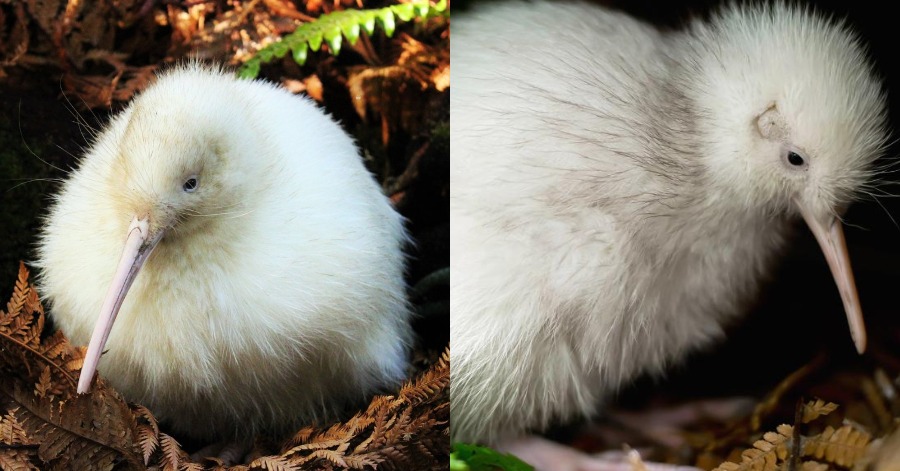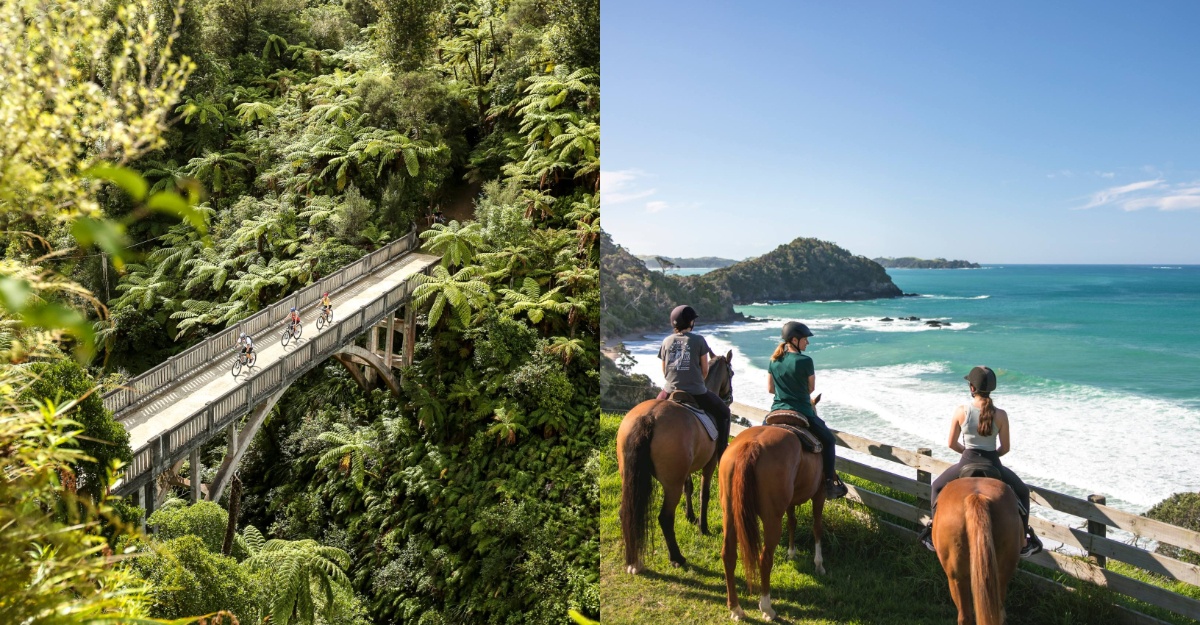After numerous operations to retrieve an unfertilized egg, a rare, snow-white kiwi bird that inspired a children’s book and was the first of its kind ever hatched in captivity, has died in New Zealand.
According to a statement from the Pūkaha National Wildlife Centre, the kiwi—named Manukura, which means ‘primarily status’ in Māori—died on Sunday, 78 miles (125 kilometers) from the national capital of Wellington.
In May 2011, the North Island brown kiwi was hatched at Pūkaha, with an unusual genetic trait resulting in white feathers rather than the usual brown feathers.
According to the wildlife center’s comment, Manukura was seen as a “huge blessing” by the local Rangitāne o Wairarapa tribe, who saw her as a unifying sign.
She also influenced Joy Cowley’s novel, one of the most prolific children’s fiction writers in New Zealand, as well as a collection of soft toys and other memorabilia.
“Over the past 10 years she delighted multitudes of people and in her own quiet way shone a spotlight on the precarious plight of kiwi in the wild,” said Department of Conservation Wairarapa operations manager Kathy Houkamau, who was the center manager at Pūkaha when Manukura hatched.
“She will be sorely missed.”
Manukura was taken to specialist veterinarians in early December after her carers noticed she was not eating and losing weight, the statement said.
The vets found an unfertilized egg that could not be laid by the kiwi. She required further operations, although her surgery to remove it was successful, and her health began to deteriorate in subsequent weeks.
“Manukura is very much a part of the Pūkaha family and we have always felt so blessed to have Manukura to help us to tell the Aotearoa’s conservation story,” said Emily Court, Pūkaha’s general manager, adding it was “one of the saddest days” the wildlife center had experienced. Aotearoa is the Māori name for New Zealand.
Although there are white kiwis in the wild, they are considered so rare that it is almost impossible to find one in their natural habitat.
There are about 68,000 kiwis left, according to the Department of Conservation of New Zealand — and 2 percent of unmanaged kiwi are killed each year. Predators such as stoats, rats, cats and ferrets are threats.
Manukura is survived by Mapuna, her younger sibling, who is part of the captive breeding program for Pūkaha.
View this post on Instagram









Leave a Comment